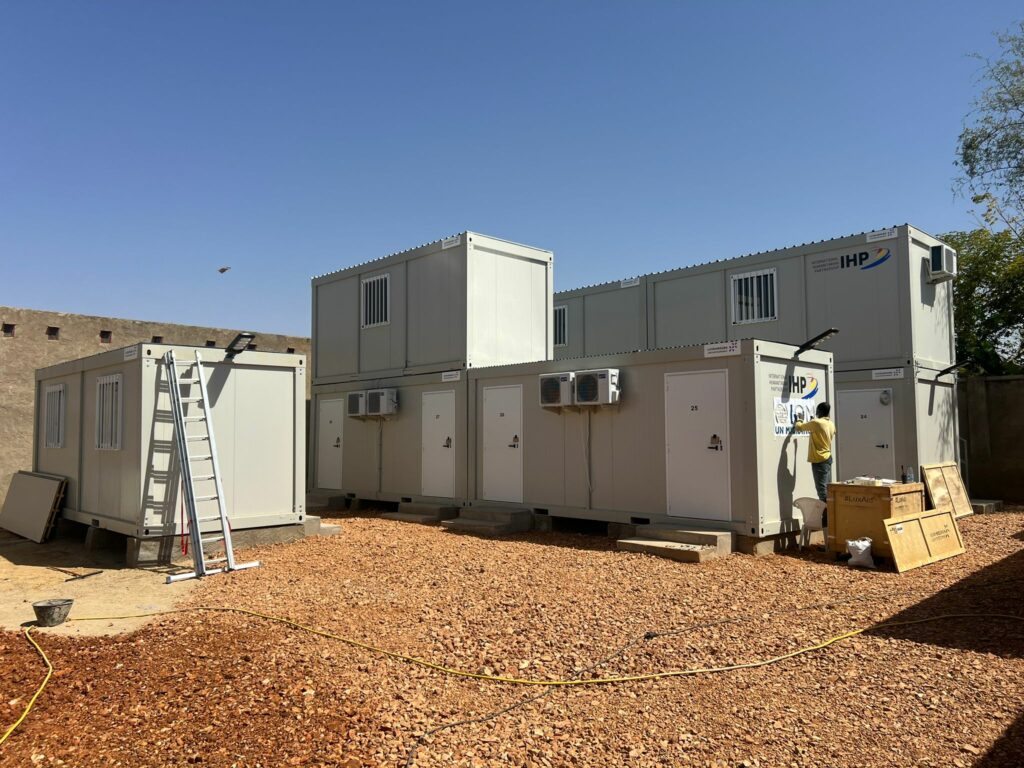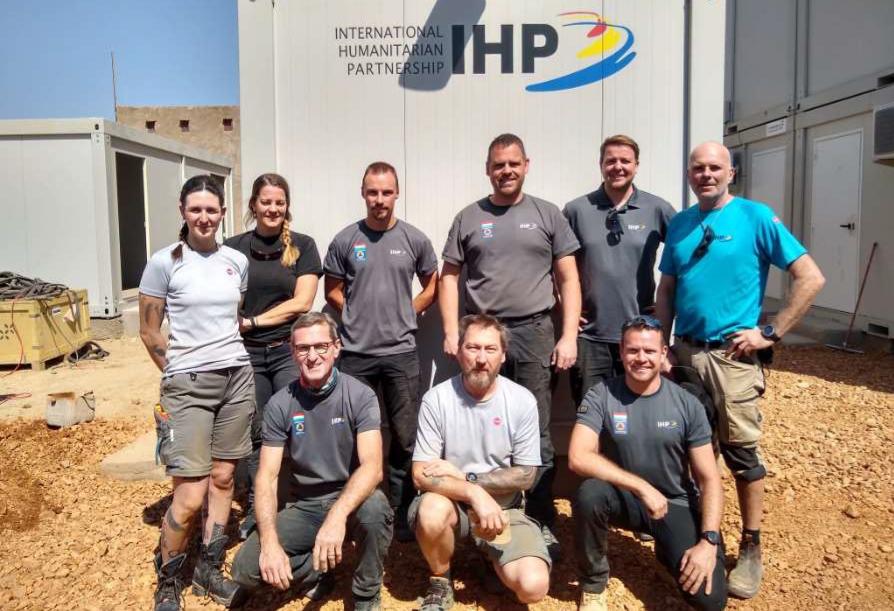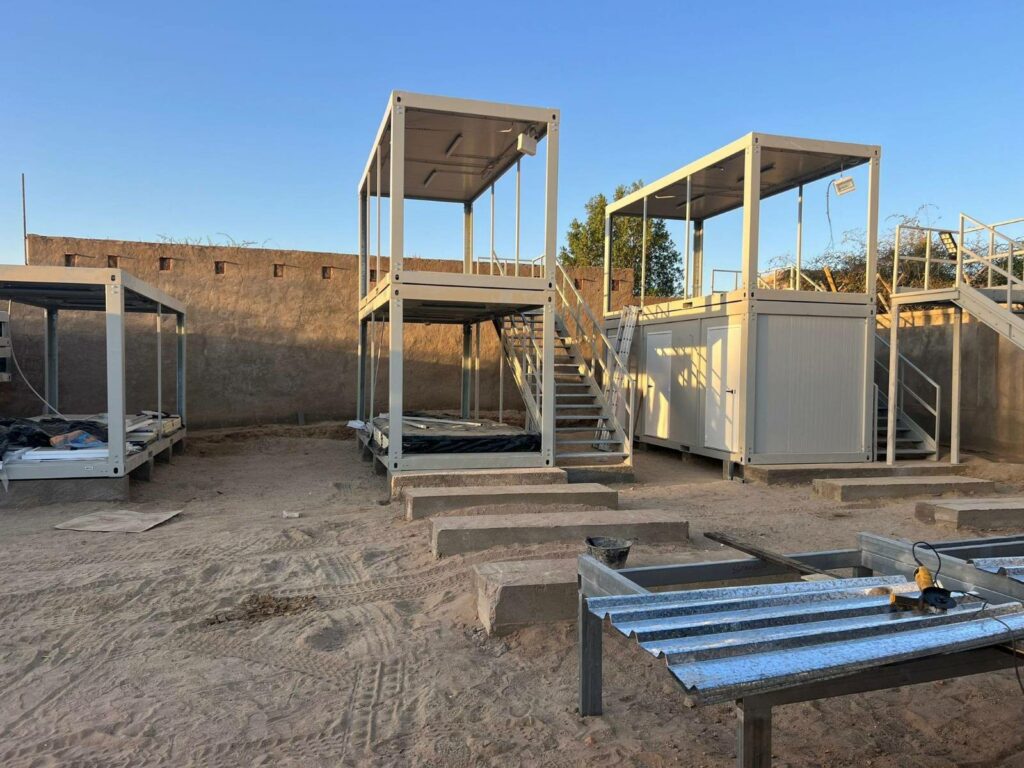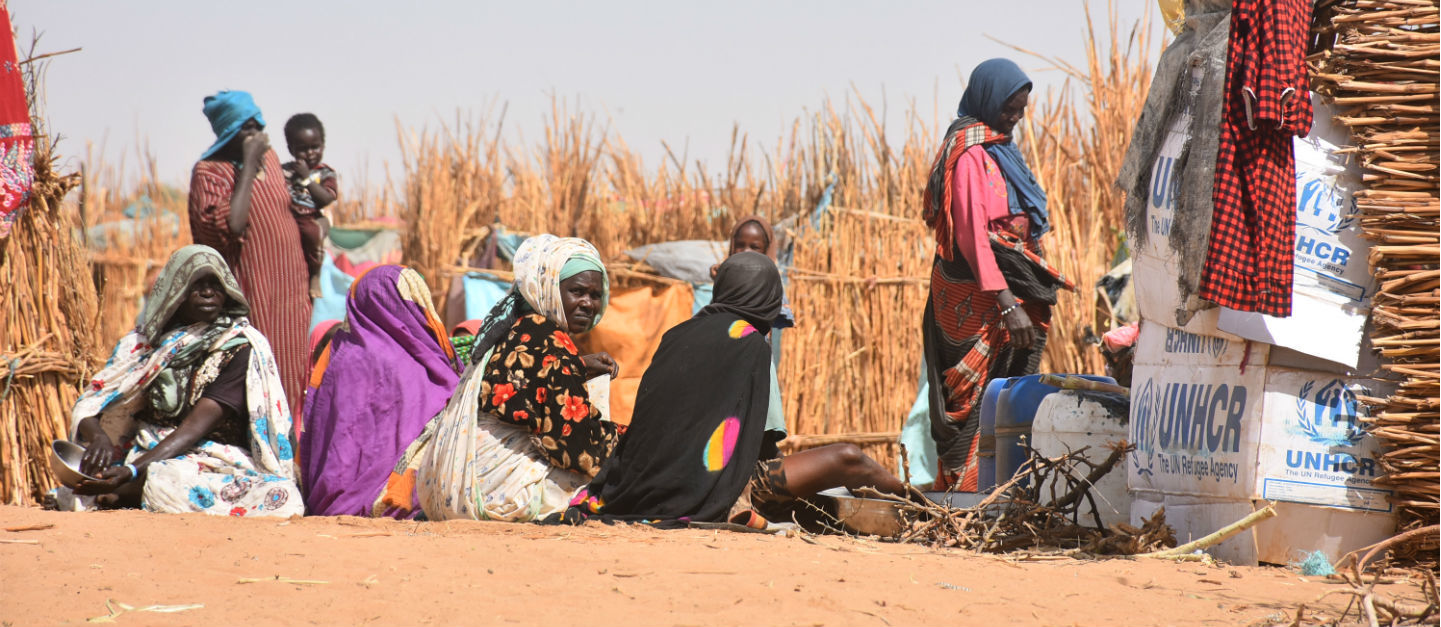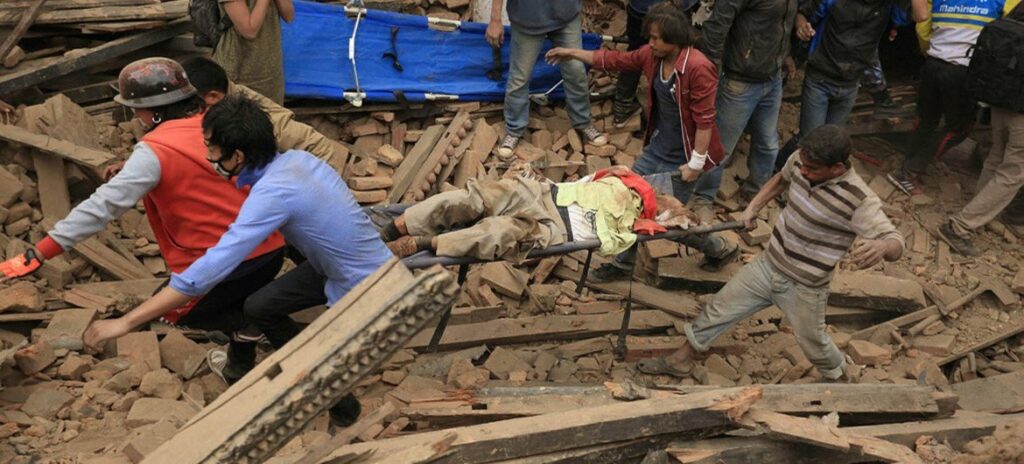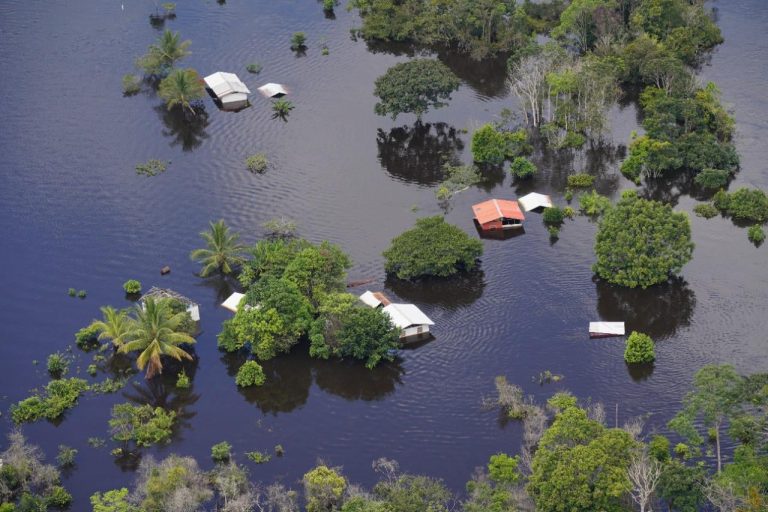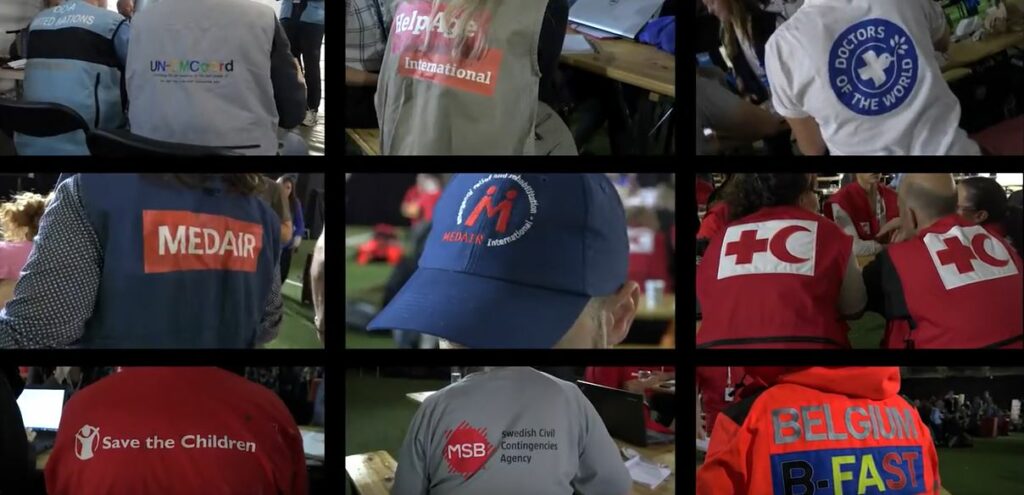Since the outbreak of conflict in Sudan in April 2023, millions of people have been displaced, with many seeking refuge in neighboring countries, including Chad. As of 10 December 2024, almost 930,000 people have fled Sudan and crossed into Chad (77% Sudanese and 23% of other nationalities, as per the DTM Mobility Update #12), further straining the resources and infrastructure of the region.
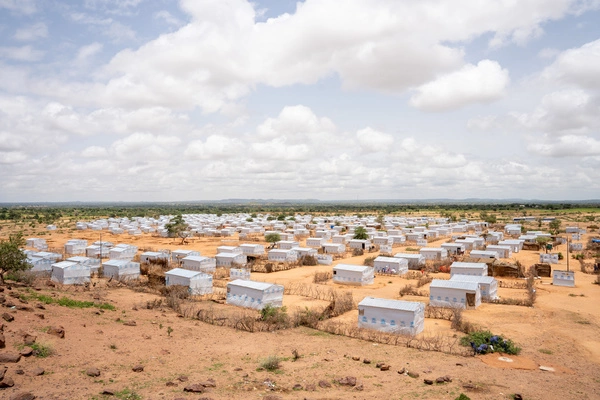
In response to this growing humanitarian crisis, the International Humanitarian Partnership (IHP) was activated to support the establishment of an inter-agency base camp in Farchana, a location approximately 50 km west of Chad’s border town of Adre.
Farchana hosts UN and NGO staff from various humanitarian organizations, including OCHA, IOM, WHO, UNHCR, WFP, UNICEF, and others, providing services to refugees and internally displaced persons from Darfur. The need for adequate accommodation and office space for these staff members became critical as the region is remote, with little available infrastructure to host the growing humanitarian teams, and faces extreme weather conditions.
Initially, in July 2023, UN OCHA requested IHP’s support to set up the base camp. A reconnaissance mission at the end of August 2023, however, revealed that the tents initially planned would be insufficient to withstand the harsh conditions. The recommendation was made to use prefabricated structures instead, ensuring better durability and comfort for the personnel stationed in the area.
A revised request was submitted by IOM through OCHA in October 2023, which reduced the capacity of the base camp but confirmed the need for prefabricated modules. The IHP, led by Luxembourg, coordinated the transportation of 8 prefabricated modules, with a capacity of 19 beds and office spaces, to Farchana in early January 2024. The installation of these structures was a joint effort between CGDIS (Luxembourg) and MSB (Sweden), who worked together during January and February 2024 to establish the facilities.
The IHP’s intervention in Farchana has provided critical infrastructure to ensure that humanitarian staff working in the region have the necessary accommodation and office spaces to carry out their vital work. This base camp will be essential in supporting the ongoing response to the Sudan crisis, offering a safe and operational environment for international humanitarian actors providing life-saving services to the affected population.
The collaboration between Luxembourg, Sweden, and other IHP partners highlights the effectiveness of the IHP network in responding to complex emergencies, ensuring that the humanitarian community can continue their operations even in the most challenging environments.
